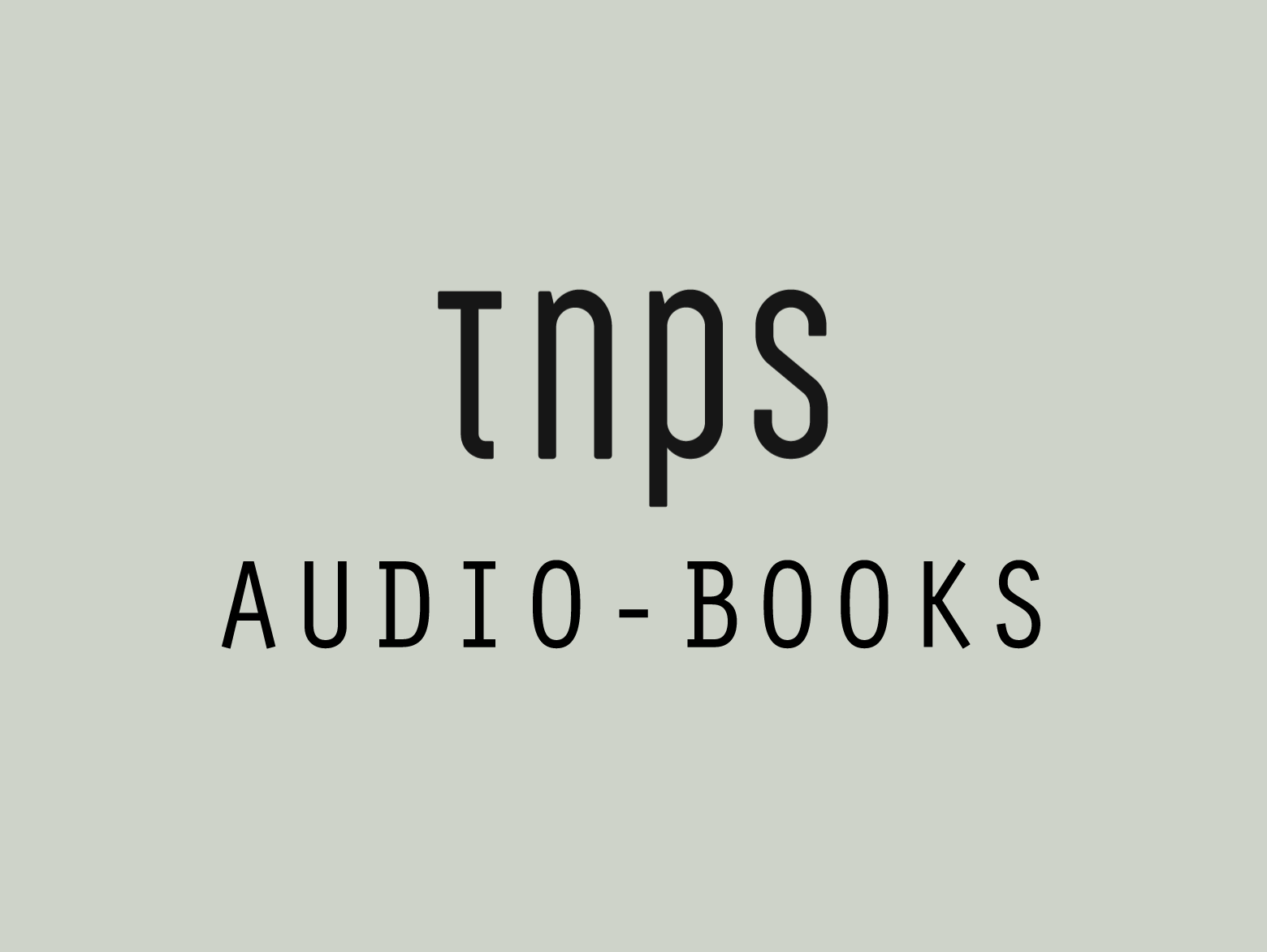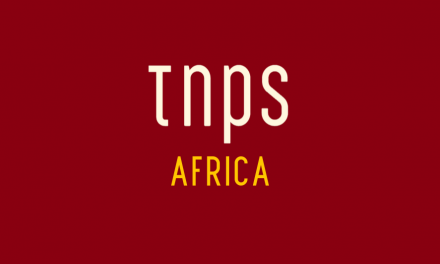It all seemed so unlikely back as February began, with the coronavirus crisis still seemingly a problem “other countries” had to contend with. The plague could not possibly reach us in our smug western cocoon of superiority and untouchability. And if it did, well, we could handle it.
The very idea of shuttering major publishing events like Bologna or the London Book Fair was still for most of us in the realms of apocalyptic science fiction, even after Taiwan’s Taipei International Book Exhibition announced its cancellation as January ended.
But before even February could run its course the Bologna Children’s Book Fair was being postponed, and TNPS was making the case that the postponement date was overly optimistic and that globally book fairs needed to be re-evaluating their options.
As the body count mounted – Paris, London, Taiwan, Bangkok, Buenos Aries, Lima, Abu Dhabi, Bogota, Bucharest – the list is way too depressing to repeat in full – and swallowed up even Book Expo America –
reality slowly began to dawn that for this year at least, it was game over.
And in turn thoughts turned to replacing the physical events of 2020 with virtual events online, that we might at least salvage something from the carnage.
Among the most realistic and forward-thinking was Digital Book World, which announced a clear strategy for an event still six months in the future, that let publishers and other stakeholders know how things stood, rather than bluster its way through the crisis with crossed fingers and no roadmap, as happened with the London Book Fair and Book Expo America.
Others, like Bologna, opted for postponement to a later date, only to find they had totally misread the crisis, and were forced to cancel having already messed with publishers plans with an unrealistic postponement date.
That in turn led to a mad rush to salvage something from the mess by instigating an online Bologna Children’s Book Fair, details of which have just been announced.
Per TNPS policy, not here to repeat those details as they have already been widely and thoroughly covered elsewhere . You can find excellent coverage of the Bologna cyber-schedule from Porter Anderson over at Publishing Perspectives, or from Ed Nawotka over at Publishers Weekly, or from Tom Tivnan at The Bookseller, as well as on the Bologna Children’s Book Fair website.
What matters here is that this schedule has been strung together at short notice. We might say the same about the Bangkok virtual book far that replaced the real event –
It’s just one of countless examples. TNPS has covered a few –
There are many more.
As this post goes live there is a virtual book fair live in Vietnam and another in Ireland.
The UK’s biggest literary event the Hay Festival is to go online in May.
In Nigeria the Ake Arts & Books Festival, not due until October, has grasped the nettle and cancelled the physical event in favour of an online spectacular.
And while the all-important Frankfurt Book Fair is putting a brave face on things, and may well be able to hold some sort of downgraded physical event in October –
the reality is it will be a shadow of the Buchmesse we have come to know and love. But the Buchnesse can, and likely will, put on an online spectacular like we’ve never seen before.
For Bologna, and much more so for the Buchmesse, which has much longer to plan ahead, the challenge now is to do everything they can to make the online events (as much of the Buchmesse will have to be) the biggest success possible without tipping the balance to the point where the physical event loses its commercial value.
But is that possible? Or has the die already been cast?
For Bologna and the Buchmesse, both globally-focussed events drawing exhibitors and visitors from around the world, the sheer expense of participating – not just the event fees but all the added costs of travel and accommodation, shipping books and props, time lost getting to and from, etc – meant that for every applicant there were dozens, maybe hundreds more around the globe that would like to participate but could not.
Repeat multi-fold for visitors and observers.
Let me dwell on the latter as a would-be visitor to all these events globally were it economically practical.
Here’s the thing: So many events have fantastic panel discussions, but I’m left having to pick through the selective industry media for snippets and highlights, wondering always how much important debate hasn’t been reported because of space or the reporter’s or journal’s agenda.
Repeat for the exhibitors, who often are as or more interesting than the panels.
Even for those lucky enough to be at these events its impossible to see more than a small part of the whole.
But with due thought and deliberation such events could become really effective virtual events, where the exhibitions and debates could happen live online, without the participants even having to leave their buildings.
The reach would jump from the Buchmesse’s impressive 380,000 visitors to potentially many millions.
And while the supposed spontaneity of face-to-face meets would be lost, let’s not lose sight of how little that really matters.
As many commentators have noted recently, most if not all the deals that are announced at Frankfurt and like events are actually just PR stunts to sign-off deals already done and dusted online weeks or even months before.
Yes, of course there is value in the get-togethers of an evening, and rewarding new relationships can be made out of hours, but even before the pandemic publishers even in the same country, let alone globally, were networking online, even if they had to commute to the office to sit in front of the right laptop to do it.
Among the many lessons of the pandemic being learned in real-time right now, is just how much businesses like publishing don’t actually need physical props like expensive buildings, luxury offices and business-class flights to far-flung lands in order to carry on.
To the extent that publishing has been hit by the pandemic it is in the print production departments (printing, warehousing, distribution, bricks & mortar sales). There are some things that cannot be done at home.
But as publishers emerge from the pandemic and adjust to the new normal, one of the many things they are going to do is look at their balance sheets and ask how on earth they ever justified the flight costs and hotel fees and extras that go into being at a book fair.
Especially given how, in mid-to-late 2020, they suddenly found out that they can be at a book fair without leaving home, and achieve likely just as much and possibly a lot more.
The problem for the book fair organisers is that they have to put on a great virtual show this year. But, if they really go to town and make it spectacular, there can be no going back.
Book fairs will still happen in the post-pandemic world. But for trade events much more than public-facing events, smaller, more efficient, with a large online element and a much wider and global target audience will be part of the new normal.





